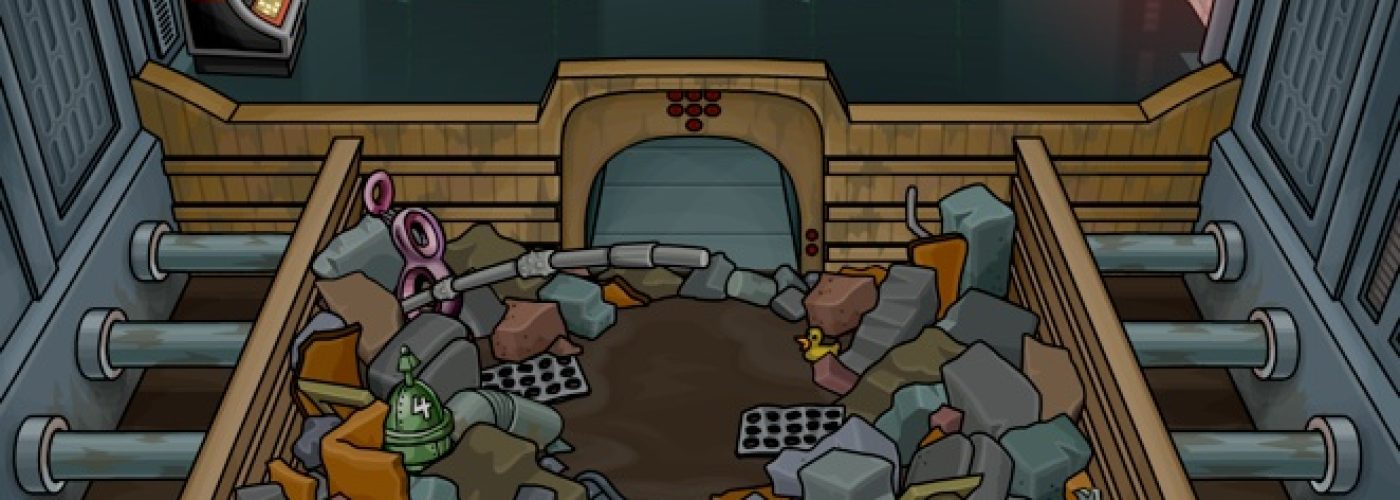A commercial trash compactor is a type of machine that allows you to reduce waste products so that it can take less space in dumpsters, landfills, and garbage cans. Upgrading your waste management systems is noteworthy if the volume of waste materials need efficient processes. Any type of business looking to streamline its waste management will benefit from shifting to the commercial trash compactor. If your business also needs something manageable and smaller, you can consider the following tips to successfully buy an industrial trash compactor.
- Be Familiar with the Features
Improving productivity is the ultimate solution for many companies. Ensuring that the compaction speed can keep up with the company’s productions is important. With the rates reaching around 300 pounds per hour, equipment like KenBay commercial trash compactors are fast and in no position to hold up the production process.
The compaction rate of these machines is also high, so you may save enough space by reducing the volume of waste materials. Whether you save space with piles of cardboard boxes or waste removal, these pieces of equipment will reduce the dumping costs.
2. Know Different Types of Compactors
Buying compaction equipment from a provider like Rotobale may be a great step for your business with a lot of wastes. If you generate around 40 cubic yards of waste materials every week, vertical compactors may be a perfect solution you need. However, for businesses that generate more than 100 cubic yards, self-contained or stationary compactors can serve them well. Self-contained compactors are designed to deal with granulated or waste materials, which may leak. Some of these wastes include medical and food processing yards. As for stationary compactors, you can use them in applications like:
- Warehouse
- Industrial
- Retail
3. Learn About the Maintenance Tips
With unattended trash compactors, garbage may accumulate and overflow, resulting in unseemly piles of waste. As the litter continues to fester and pile-up, your equipment may become a breeding ground for bacteria that causes diseases. Because of that nature, your compactor may be prone to constant tear and wear, especially when used regularly.
To prolong the lifespan of the equipment, you need to learn about the maintenance tips. Inspecting can be a better way of maintaining your equipment, and this should be done after every one or two weeks. With regular inspection, you’ll note the weak points and parts of the machine that require replacement. Consequently, you may also consider changing the oil filter, keeping the power unit clean, checking all connections for faults, and using quality all-weather hydraulic fluid.
4. Understand the Safety Measures
Using commercial trash contractors may come with numerous hazards, so it may be important to ensure that your staff operates the pieces of equipment with precaution. All your employees should not handle your equipment without safety training; otherwise, there might be serious accidents with consequences.
You can also consider two safety rules, which you can follow when using compactors. Firstly, you need to ensure the compactor’s door is closed before operating your equipment. Lastly, you should never open the door while the compactor is still operating because the risks can be massive. Apart from training your staff and considering safety rules, you should also consider:
- Keeping animals away for the equipment
- Understanding the loading limits
- Using a rod for moving compactors
The Bottom Line!
Many businesses, including hospitals and manufacturing companies, use commercial trash compactors. Smaller versions referred to as SmartPack Automatic Trash Compactor are quickly replacing ordinary trash equipment in fast service restaurants, airports, and cafeterias. You can also do the same for your business to save on removal costs, avoid diseases, and increase productivity.





